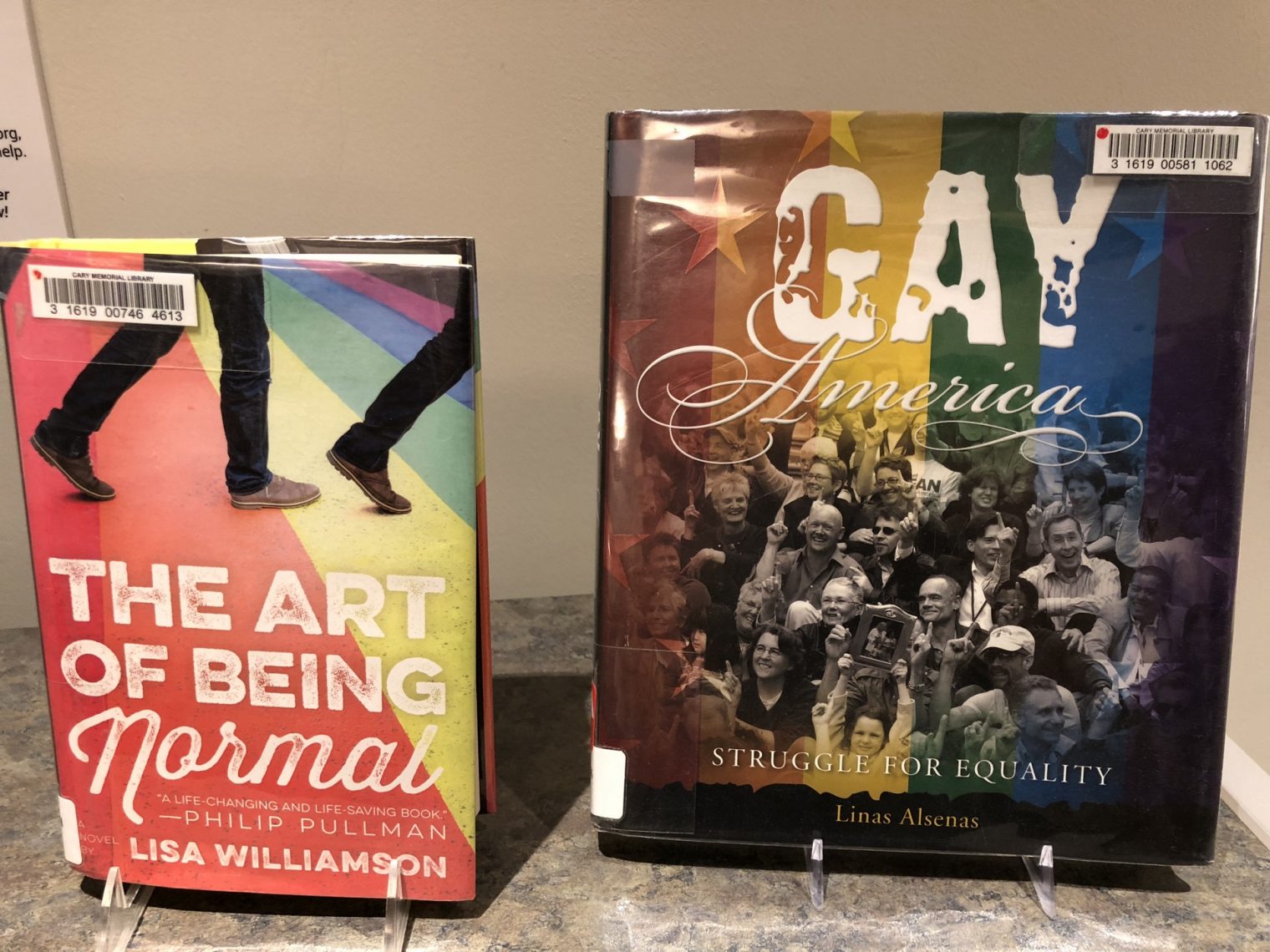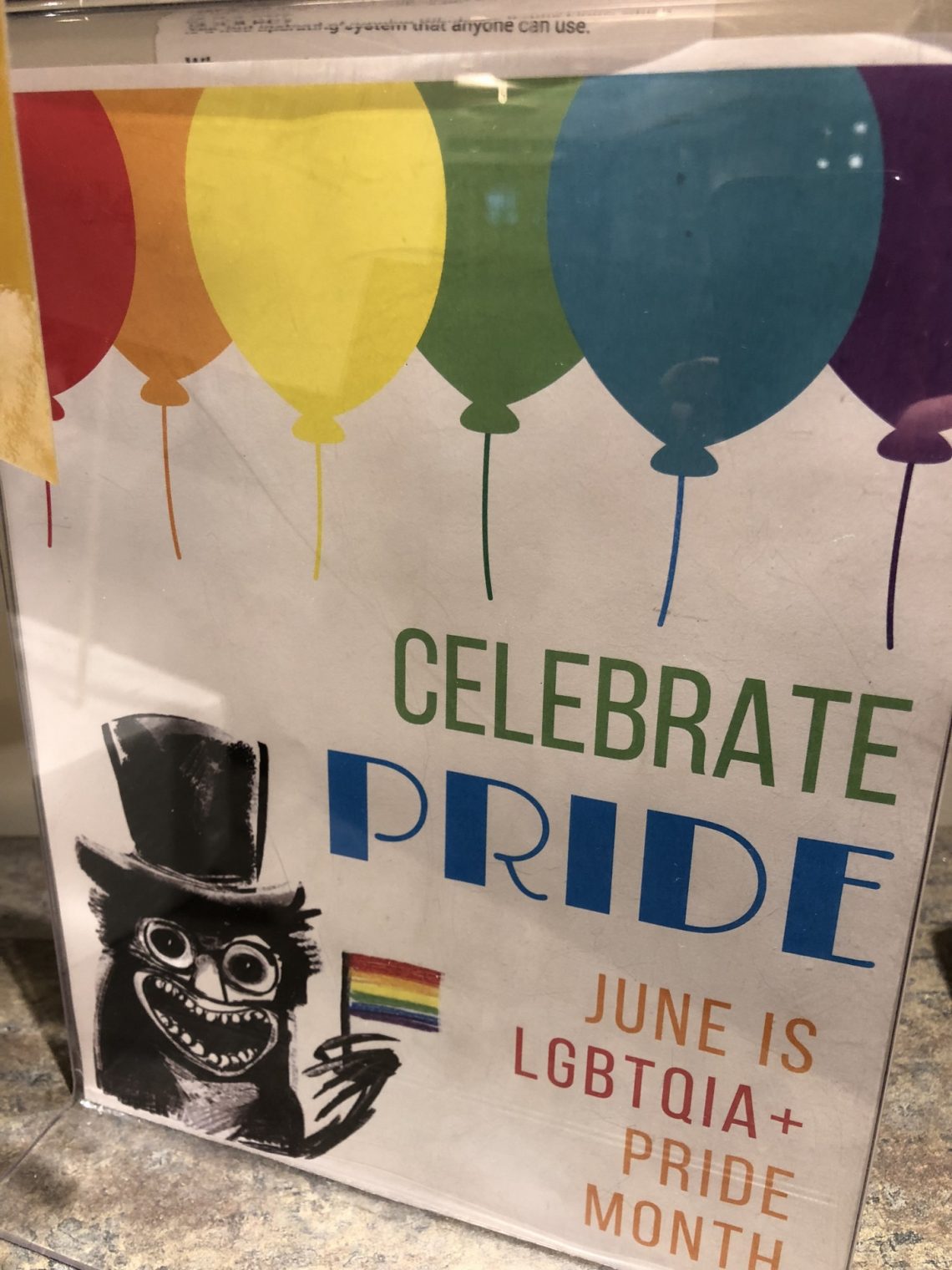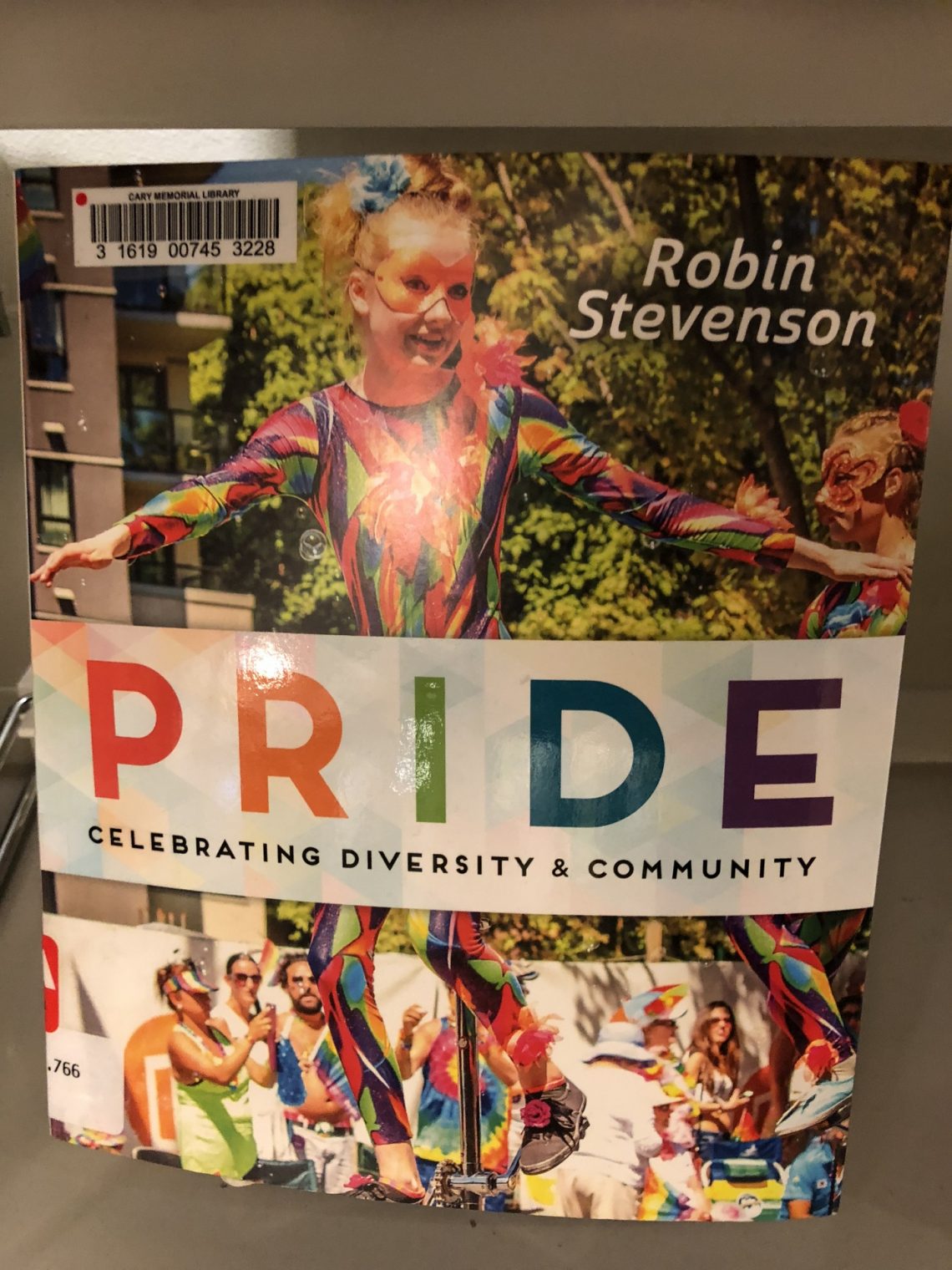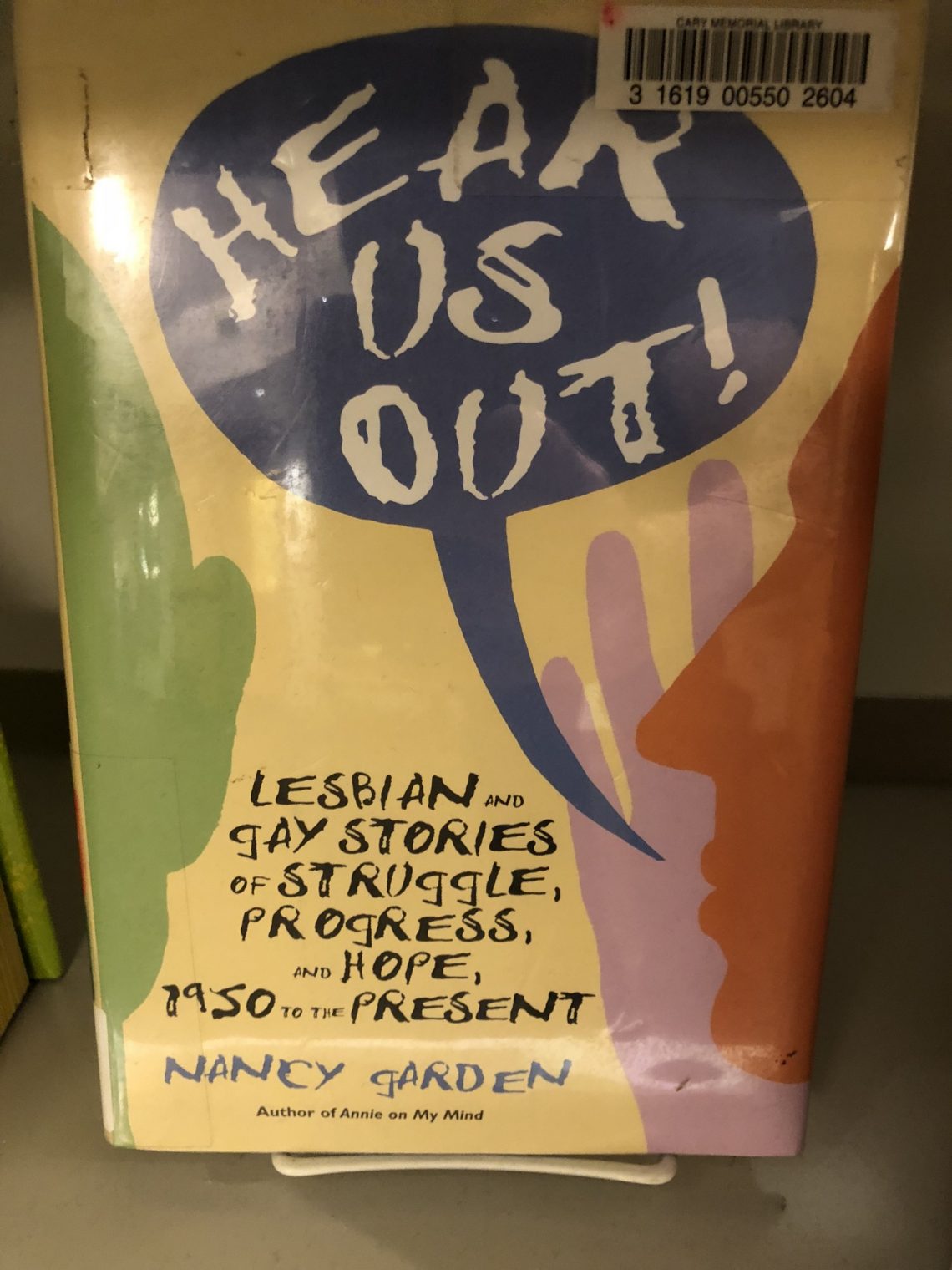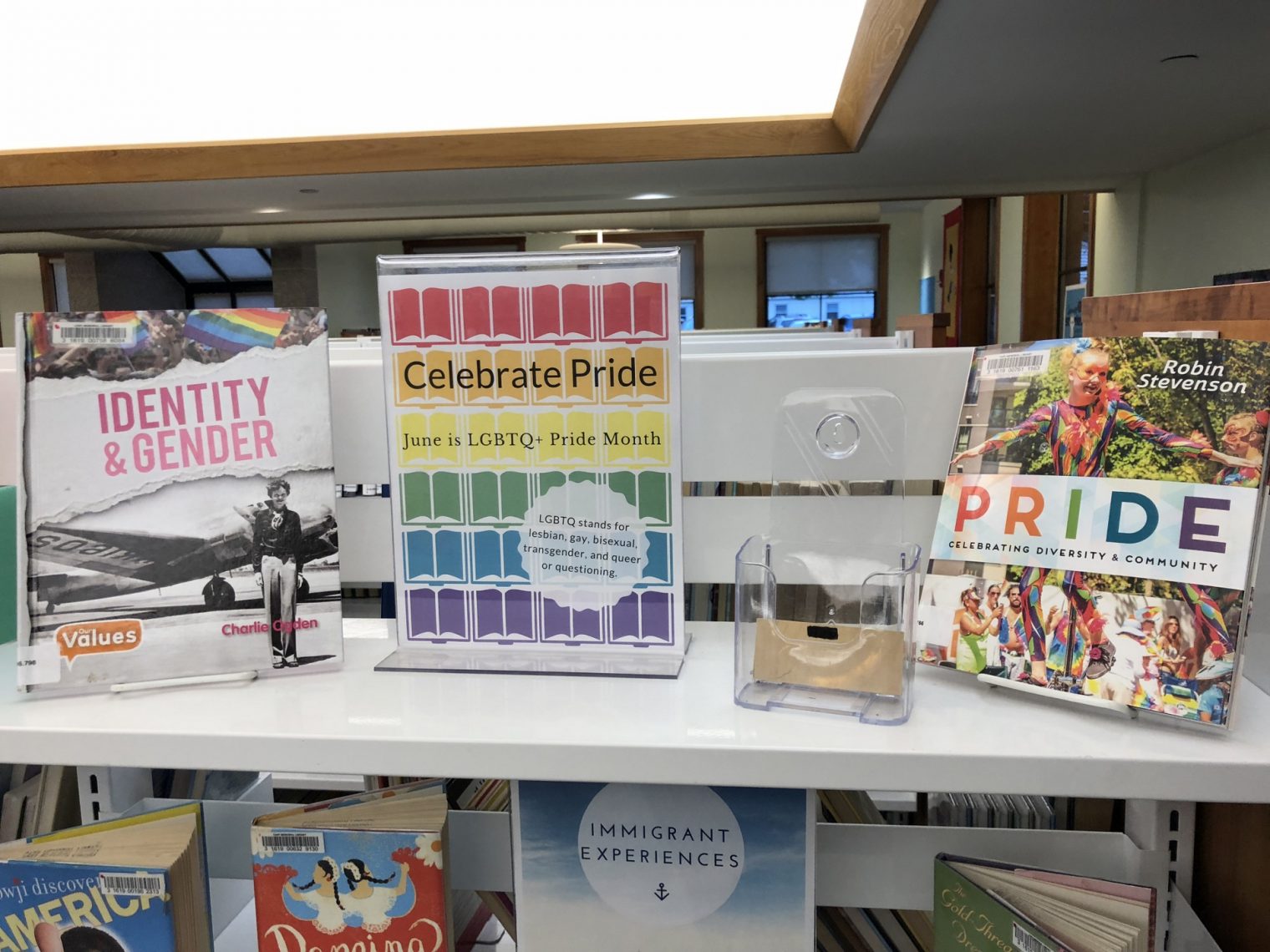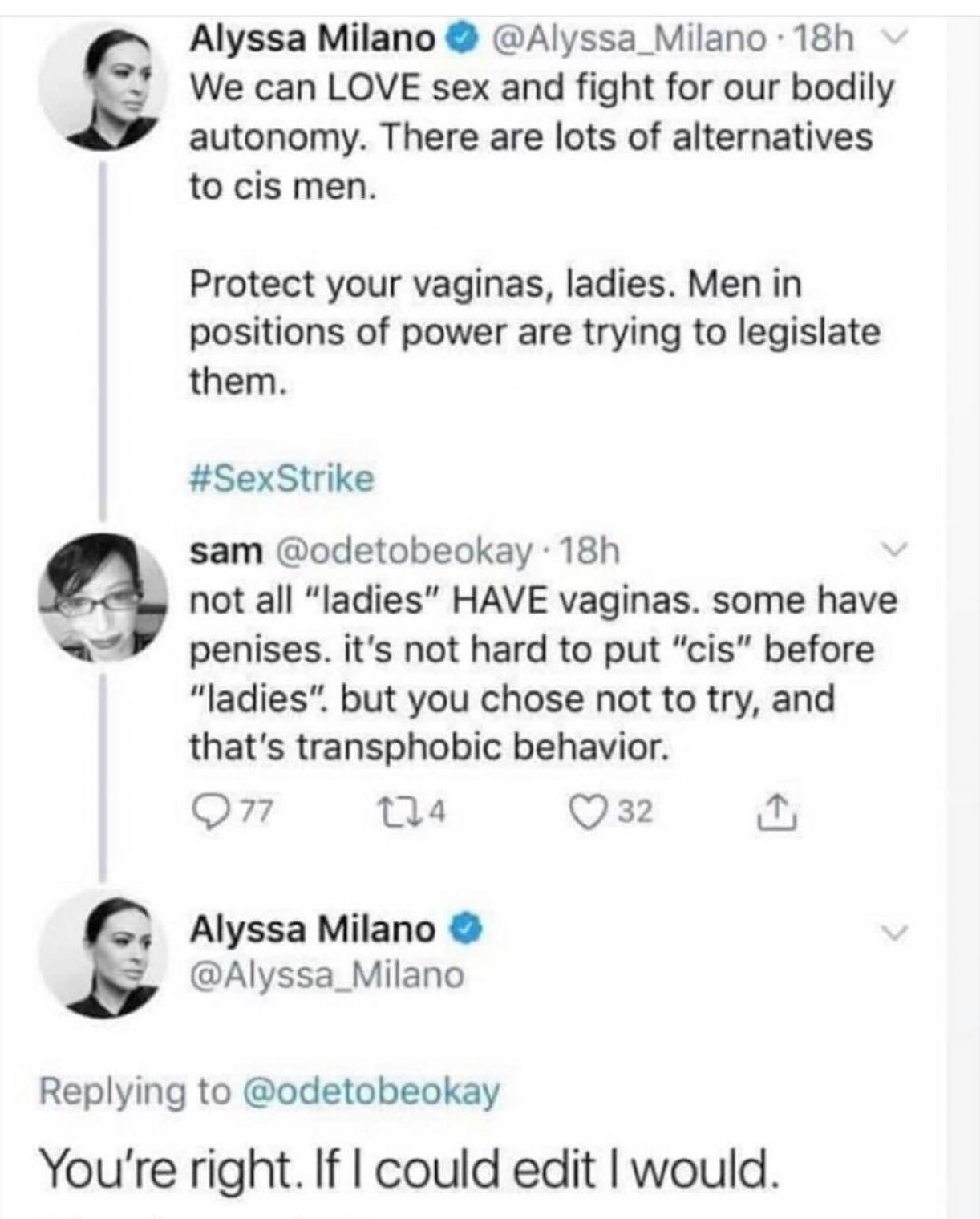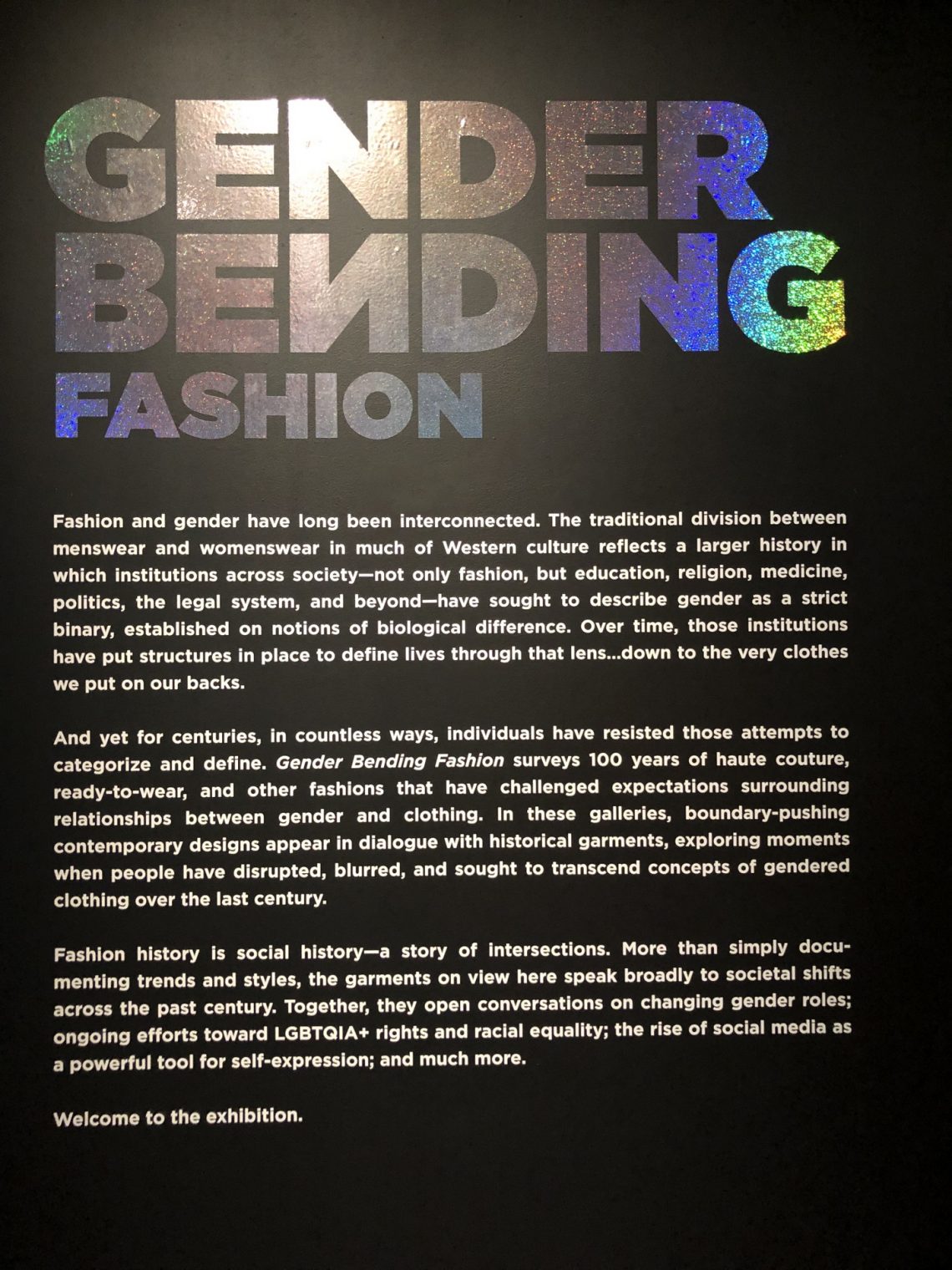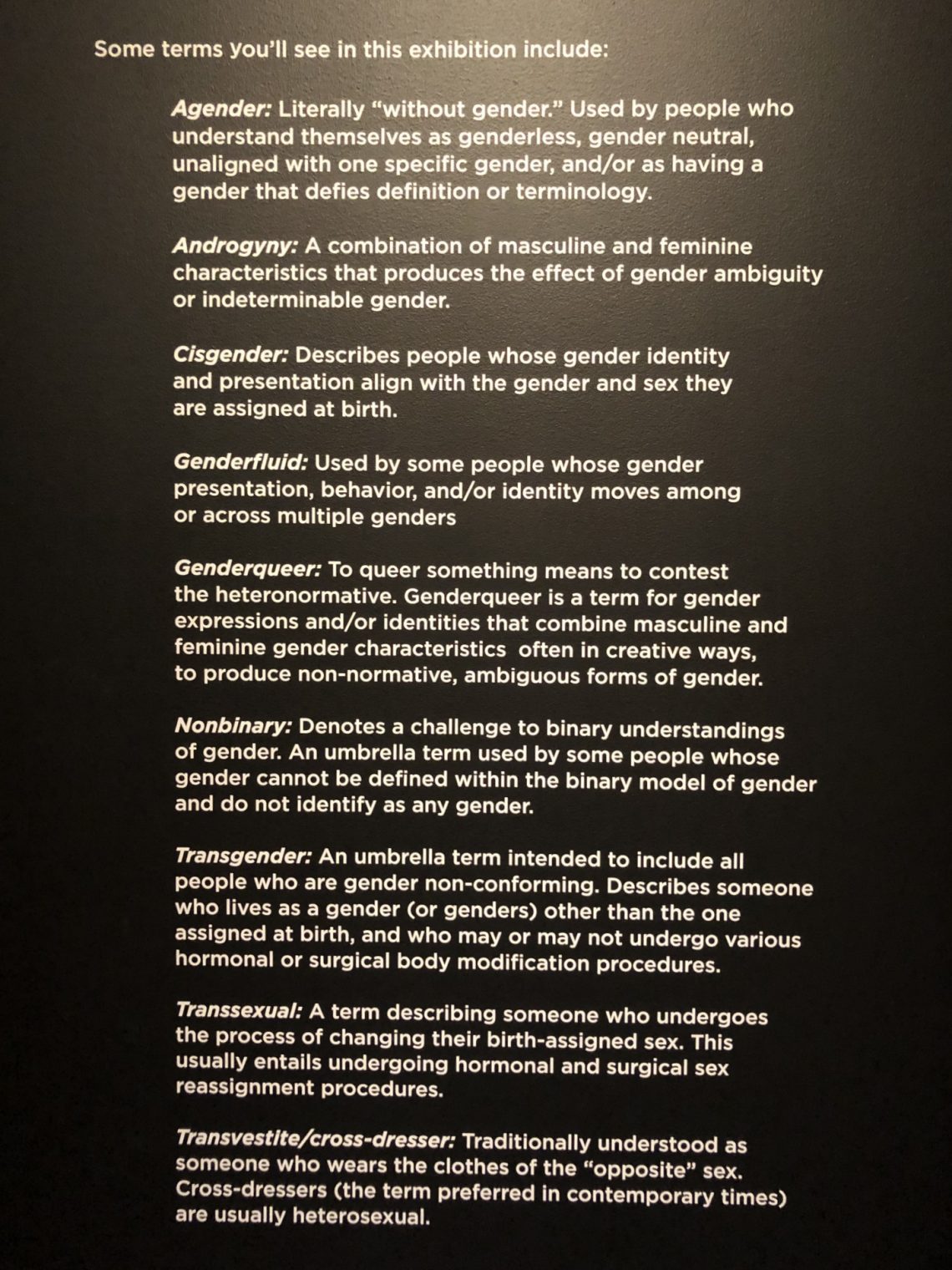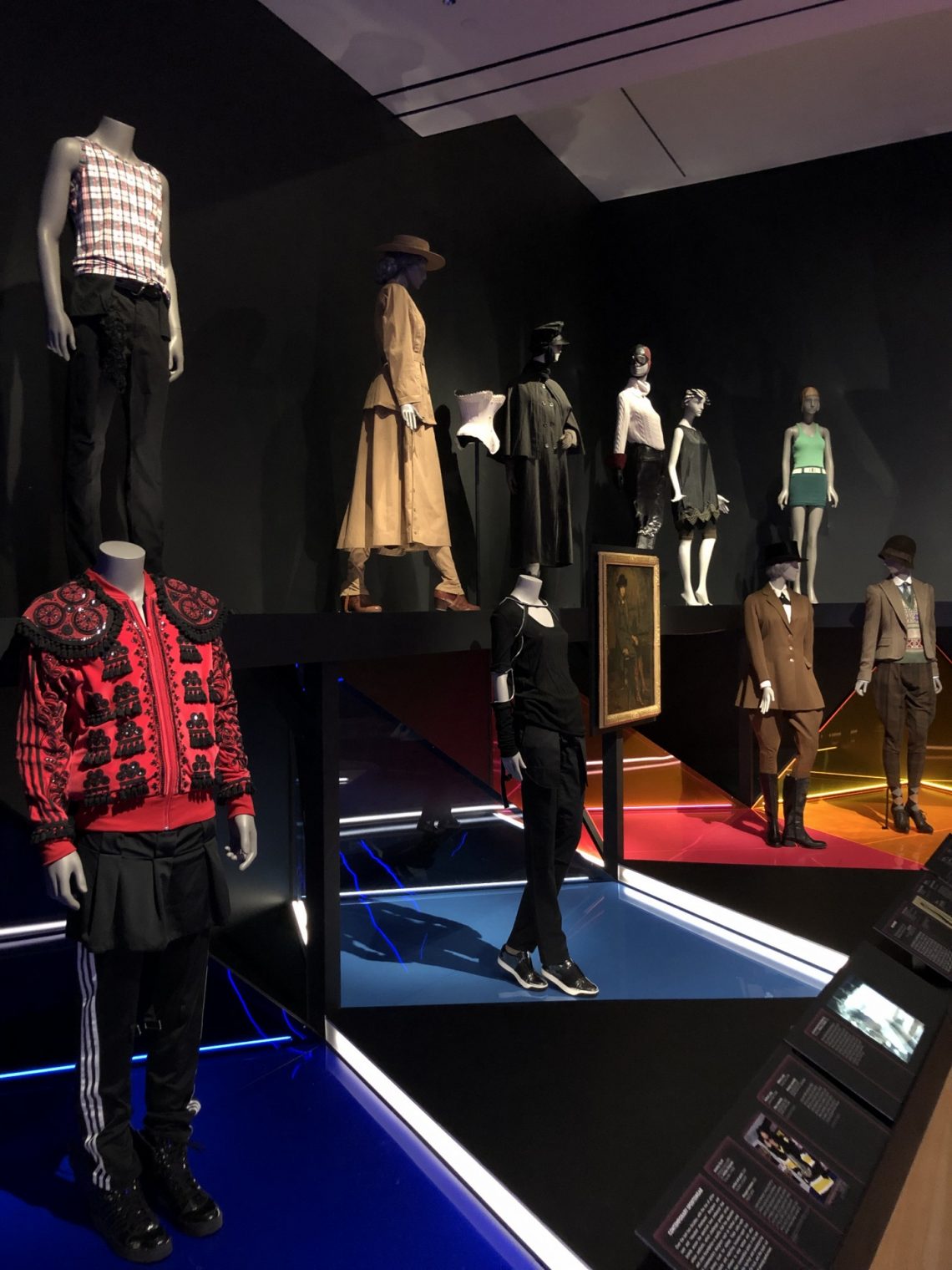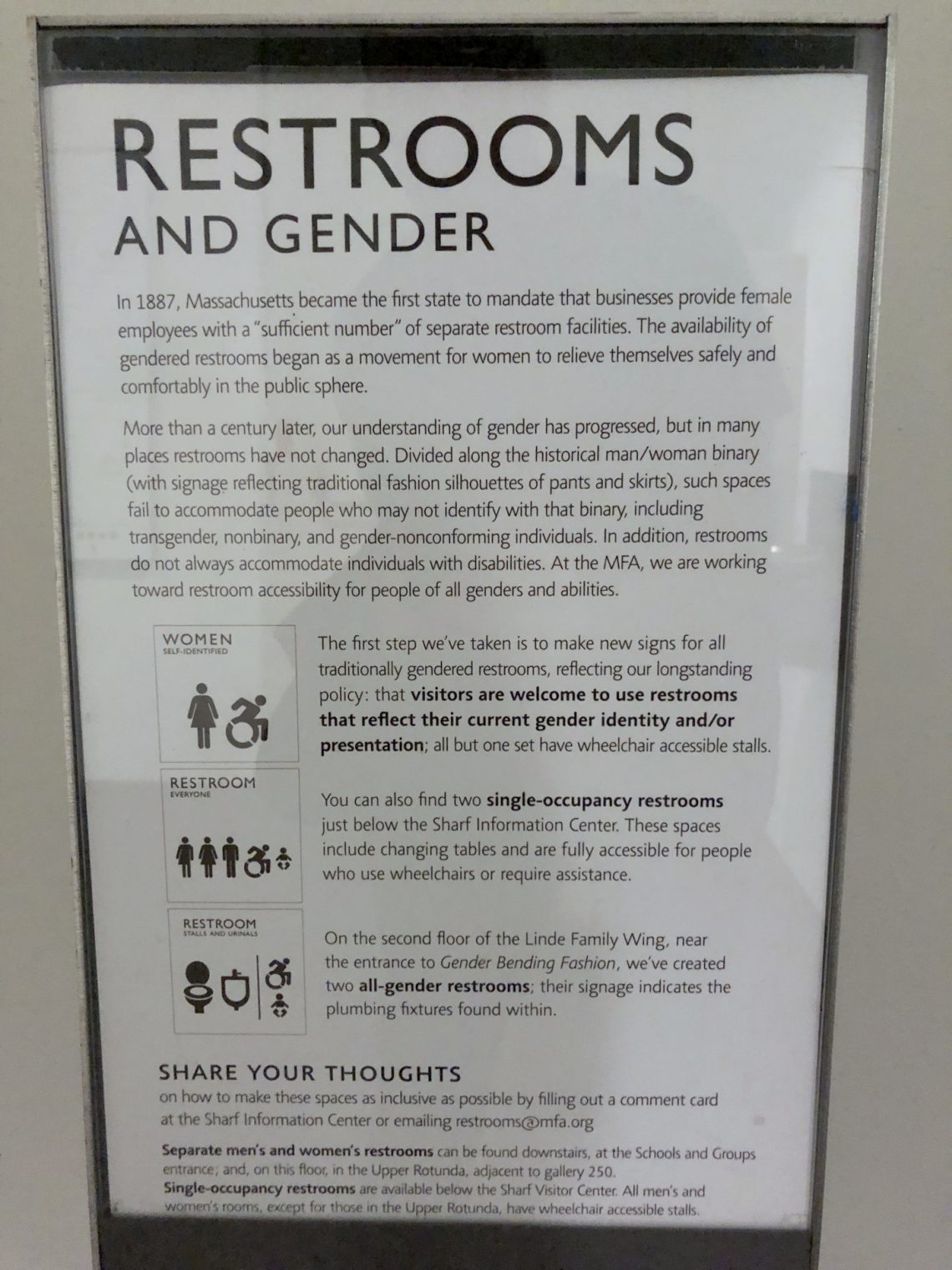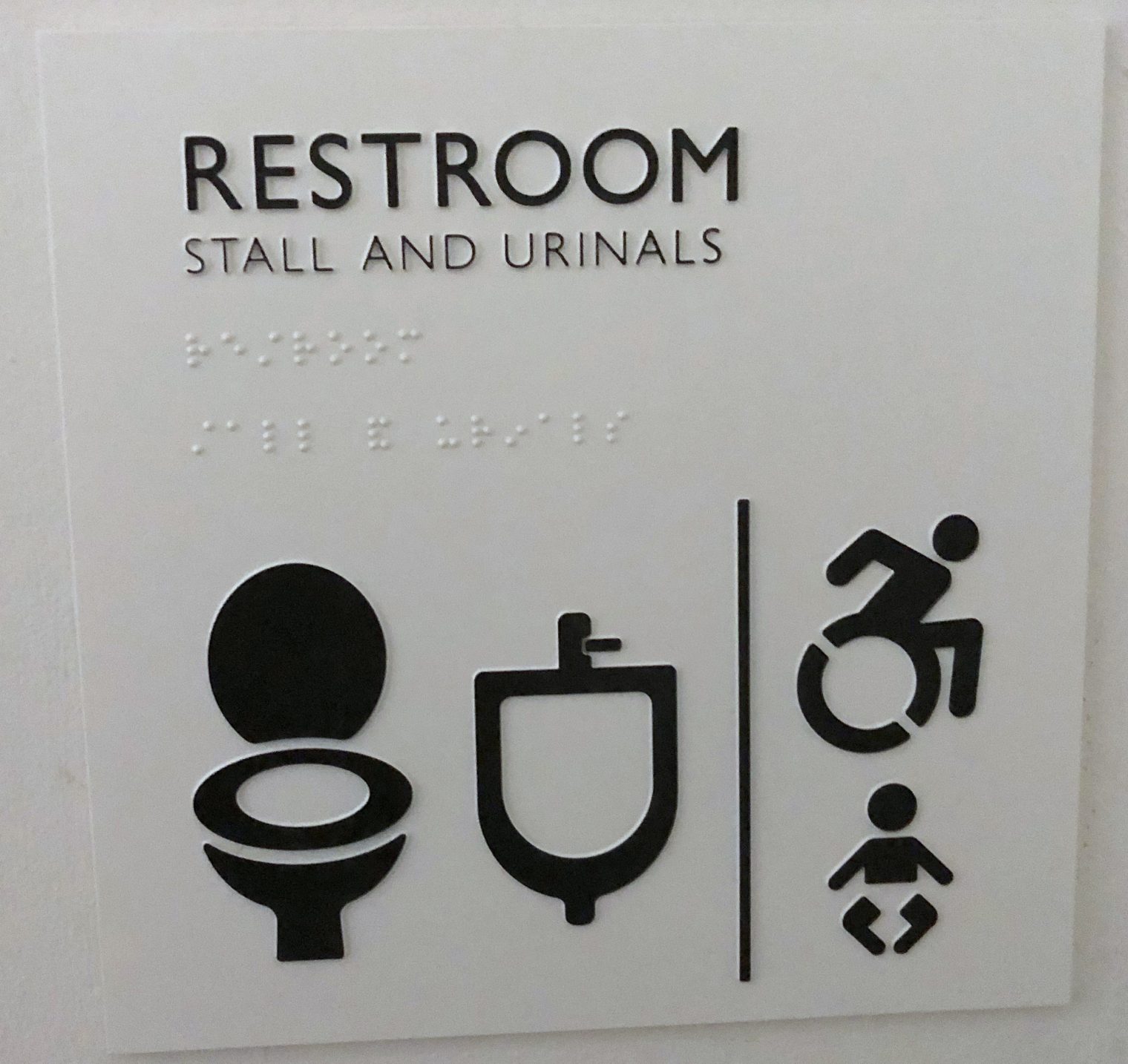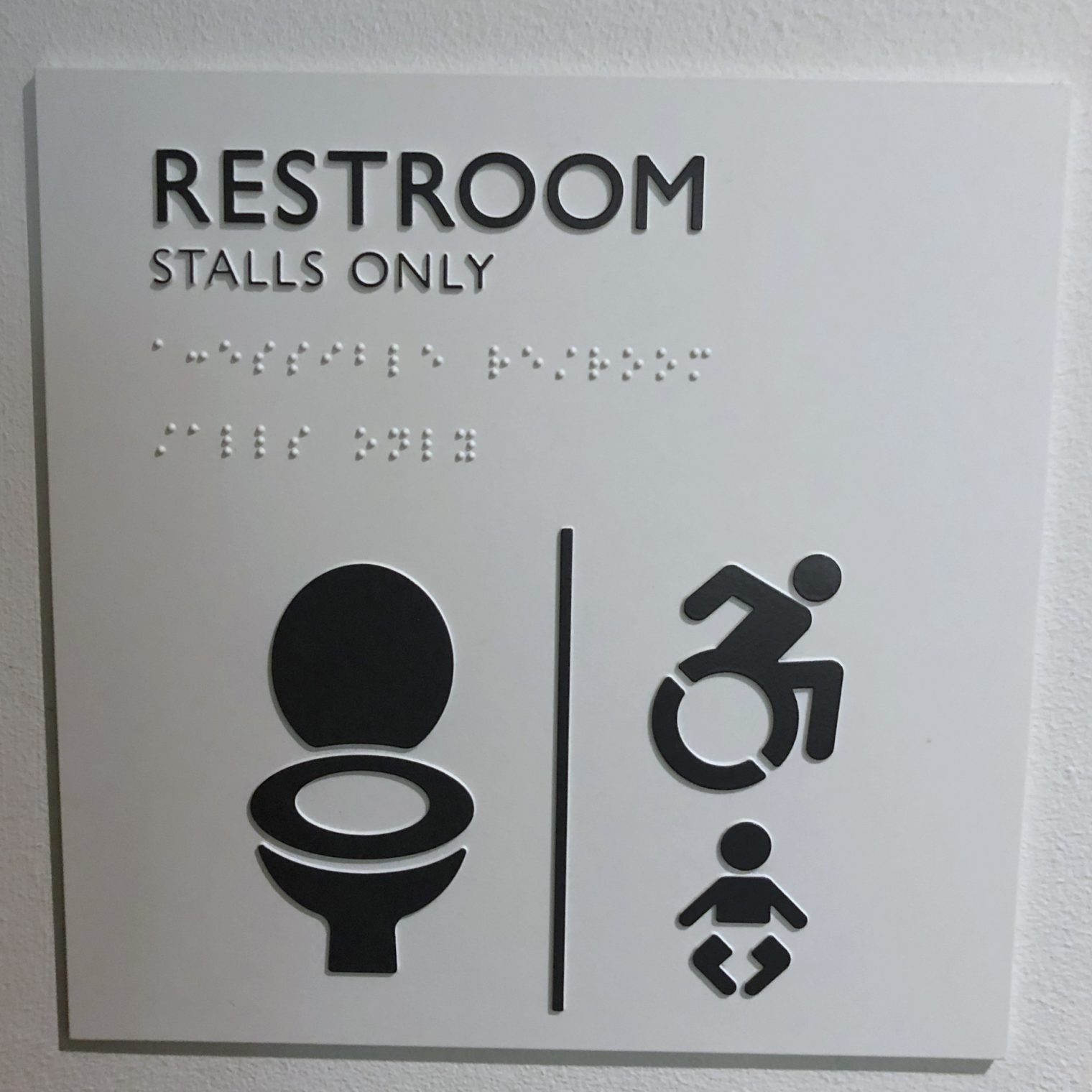(In other articles, the NYT assures us that 75 years from now every coastal city on Planet Earth will be under water. Will people care about gender-based division of labor then?)
The author, who seems to identify as a woman, complains about her spouse, who may identify as a man:
I would love to find out what this man (if, indeed, he still identifies as one) thinks about the wife broadcasting his deficiencies as a partner!
[Separately, if living with a man is such a raw deal for a woman, why do any of them continue in the arrangement? Every jurisdiction in the U.S. offers no-fault on-demand divorce (though the cash profits may vary enormously from state to state). There is no social stigma for the woman who sues her husband. In the 50/50 shared parenting jurisdictions, she will be on track to be free of any child-related duties every other week. Does it make sense to say that male-female partnership is nearly always a raw deal for women if roughly 50 percent of them choose to continue in such partnerships?]
As usual, the reader comments are the most interesting feature. Example:
Samantha Kelly: Women are a long way from parity in most homes with two working parents. Considering our overpopulation, and that parenting is often a “baby trap” for women, consider not having children. It is a decision of remarkable freedom!
Sophie K: The answer to this – women have to become more selfish. Don’t volunteer for unrewarding projects at work (it blows my mind to hear that women do – who are these women and why are they doing this??). Don’t “mother” men in your life. Don’t be always ready to pick up the slack when they “fail”. Men are neither stupid nor incompetent. They’re just pushing the envelope to see what they can get away with. … Be selfish, ladies. You’d be surprised how well things will be turning out for you. Men have been like that forever.
David: This is in part why birth rates are declining in western world. Work demands have increased dramatically and the family has shrunk and government support has disappeared so that all the child rearing falls exclusively to the parents. On top of this, expectations in US to focus all available non workimg time on children makes for a miserable existence. Argue all you want over who is doing more, it’s the overall demands of current society that create this dynamic.
gizmos: Like Dr. Lockman and apparently many other readers, I bought into the false narrative that men don’t contribute to the household equally and haven’t done so in years. I did a lot of research into the topic for a project and found out the opposite is true. Time use studies from the 60s till date show that men consistently have contributed more total work hours than women, when including paid and unpaid work. Women consistently have greater leisure time after including the hours spent in childcare, housework and paid work.
HS: I would love if just once this type of article included gay couples with kids. My wife and I have a division of labor in our home that largely replicates our heterosexual parents. She works and I stay home with the kids and take care of the majority of household chores and kid stuff. And yes, I know my contribution counts as “work” too. There’s no resentment on either side in part bc we each think the other has the harder job. Maybe too bc we are both women. There’s none of that gendered expectation of who does what; it seems more freely chosen and thus more acceptable to us both. [i.e., Everything is Super When You’re Gay]
HH: I’m a gay man whose social circle is mostly comprised of other gay men, as is, obviously, my primary romantic relationship. All of the phenomenon the author describes exist in my relationship or those in my periphery. … If modern feminism is actually interested in honest conclusions about what is actually a gender bias and what is just a naturally occurring difference between people then a lot more attention should be paid to the parallel world of gay men. [Attention must be paid!]
JD: I would direct Lockman’s attention to Edith Wharton’s portrait of Lily Bart’s father in “The House of Mirth.” The man visibly ages and sags in Lily’s eyes before he passes, because of the stress of trudging to Wall Street every day in order to sustain his wife and daughter’s lives of leisure and to maintain the family’s membership in a certain social orbit dominated by Knickerbockers.
KBronson: The women are going to live ten years longer. They will catch up on rest later.
BackHandSpin: And yet, women continue to choose and show their approval for these types of men in the dating world. No matter what women say. To display (i.e.)”child nurturing” and “caring” ( being respectful) qualities is the opposite of what women are attracted to ( status,manliness,power,money) in the dating world. There’s your problem. Millions of “macho jerks” have a faithful woman standing by his side . [Statistically, the “faithful” part is questionable!]
Carling: “He comes in from work and the first thing he does is brush his teeth!” “His teeth, not mine!
Observer of the Zeitgeist: Unless things are radically different from how they were 8 years, the Bureau of Labor Statistics under President Obama certified back then that men and women are putting in equal time to making households run. In fact, men are putting in few minute more time per day. That means what needs to be examined more is psychology, not economics or sociology. Quite a few women, like this author, feel like men are not doing enough.
Benjo: Get your kids to take care of themselves and stop being a helicopter parent. You aren’t doing them or yourself any favors by micromanaging them.
Patricia: This is news?? I knew this in 1976 which is why I refused to have children. I have never regretted it.
Tanya Miller: I’m 51 so it doesn’t happen as often as it used to, but from here on out when my friends and family ask wonderingly if I ever wanted to/will get married and have children, I won’t bother answering – I’ll just email them a link to this comments page.
Denise A: This article presents women as naturally executing more leadership than men. Women get it done. Women get it done early and often. These women people, these detailed oriented, never let things slide, go getters are presented as top performers in running complex organizations called Families. Wouldn’t we expect that these would be the most qualified people to run our companies and countries? Aren’t the qualities presented here exactly what are necessary to win in capitalist markets?
Andrea: Most American men I have met, my friends’ ex-husbands, my own ex-husbands, their male friends, are simply impossible. Each and every one of them has a huge sense of entitlement and a gargantuan ego, and housework and taking care of the kids just doesn’t fit into the their sense of destiny.
Ralph Petrillo: Actually a major change has occurred due to cell phones in the last five years.which is causing men to actually do more of the work then women. Shocking but women are addicted to their cell phones and this has caused a major deterioration in the household by both gender groups. … It is also a major deterioration in couples wanting to fully comprehend their responsibilities for they get an impulse to search for their cell instead of communicating in a more traditional manner. … It is time to realize that couples are more married to their devices then each other.
Susan: In 75 years, robots will do most of the house work, so it likely won’t ever be necessary for men to reach parity in household tasks.
Single mom: Long term romantic relationship that involves co-habiting of any kind with men is highly overrated. Traditional marriage is not worth the effort for women. It was supposed to provide physical and financial security for women. But that is not a requirement for many women across the world anymore. … Women-only community living would provide support and security. We should take our cues from the wise female-only elephants.
Cary: I came to read this material expecting the usual bashing of men. But I’m pleased to find some variety: the bashing is of straight men.
elained: This article explains why single women have children on their own [women who plan this can get another 2 million reasons per child]. When you’re going to have to do it all anyway, why also deal with an exploitive, forgetful, self-centered slacker into the bargain? Women spend a GREAT DEAL of time valuing and praising men, just to keep them halfway in the game. It just is not worth it. Maybe evolution will deal them out of existence. [see this book on genetics for how somatic cells from two women can be combined to make a new human with no father]
Sarah: Being raised by two mothers and liking men, I am honestly very scared of heterosexual marriage. It just seems so much less functional than the homelife I was raised in.

